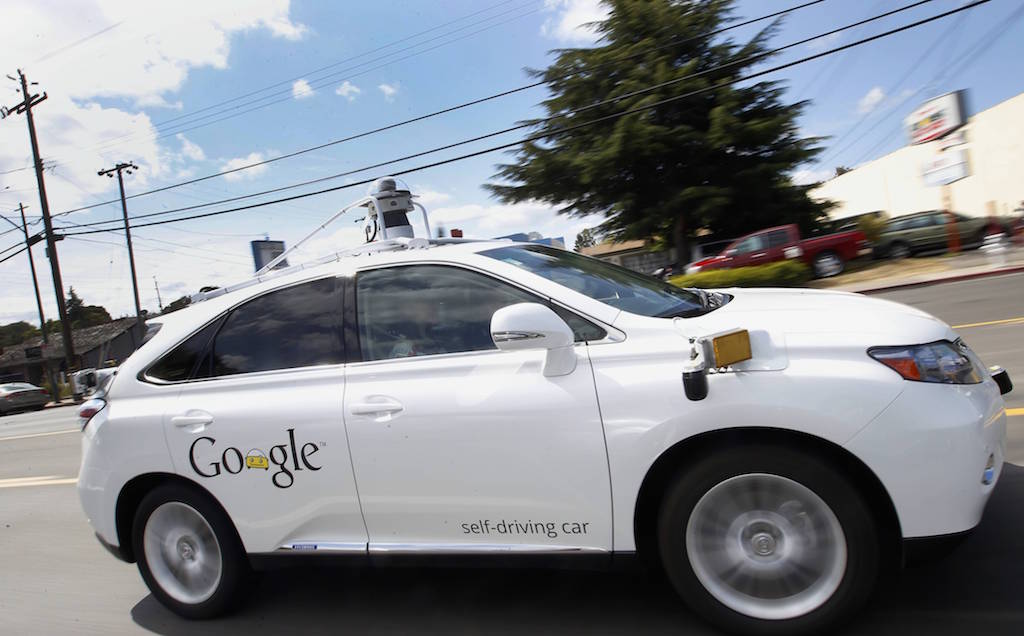February 2, 2016

We all know Google for its ubiquitous search engine, but there will come a day when the world also knows it for its self-driving vehicles. In the six years since it began its Self-Driving Car Project, Google’s self-driving vehicles (pictured) have logged over 1.4 autonomous miles across America’s roads. Currently, Google is road-testing 55 of its self-driving vehicles on the streets of Mountain View, CA and Austin, TX so that the company can assess how these autonomous cars operate under real-life conditions. In addition to road testing, Google’s self-driving vehicles are put through their paces in a virtual environment. As noted in Google’s monthly report on its self-driving vehicle project, Google’s self-driving vehicles drove over three million simulated miles on a daily basis. Google’s driving simulator provides a safe environment to test Google’s self-driving vehicles and refine the software that supports them. The real-world road tests Google’s self-driving vehicles undergo are an important component to the Self-Driving Car Project. The driving simulator can replicate real-life driving scenarios and road conditions its autonomous vehicles may realistically encounter. For instance, while mapping Austin, TX, Google realized that most of the city’s traffic lights were horizontal—such unique details provide engineers with valuable data that empowers them to calibrate the vehicle sensors as needed. Google’s self-driving vehicles are fed over two million miles of road-test data that allow it to recognize a particular scenario and react accordingly. For example, self-driving vehicles “learn” how to take better driving angles when approaching an intersection or a three-car merge. Within Google’s virtual environment, engineers then make the necessary adjustments to the vehicle’s software so that the vehicles are able to autonomously self-correct while on the road. While Google’s self-driving vehicles are making progress on the technological front, they aren’t a profit maker for the company—at least, not yet. In 2015, Google’s Alphabet initiative—aka the holding company that runs the Self-Driving Car Project—reported a $3.5 million loss in revenue for most of its non-essential sub-businesses it designates as “Other bets.” The report doesn’t make clear whether the Google Car was included in its “Other bets,” but one could reasonably surmise that the project is currently costing Google more money than it generates. As Google progresses past the experimenting phase of its self-driving vehicles program, however, it seems reasonable to assume that this aspect of Google will be in the red. Image Credit: Dallas News
Hello {{User.FirstName}} {{User.LastName}}.
You are logged in with email {{User.Email}}.